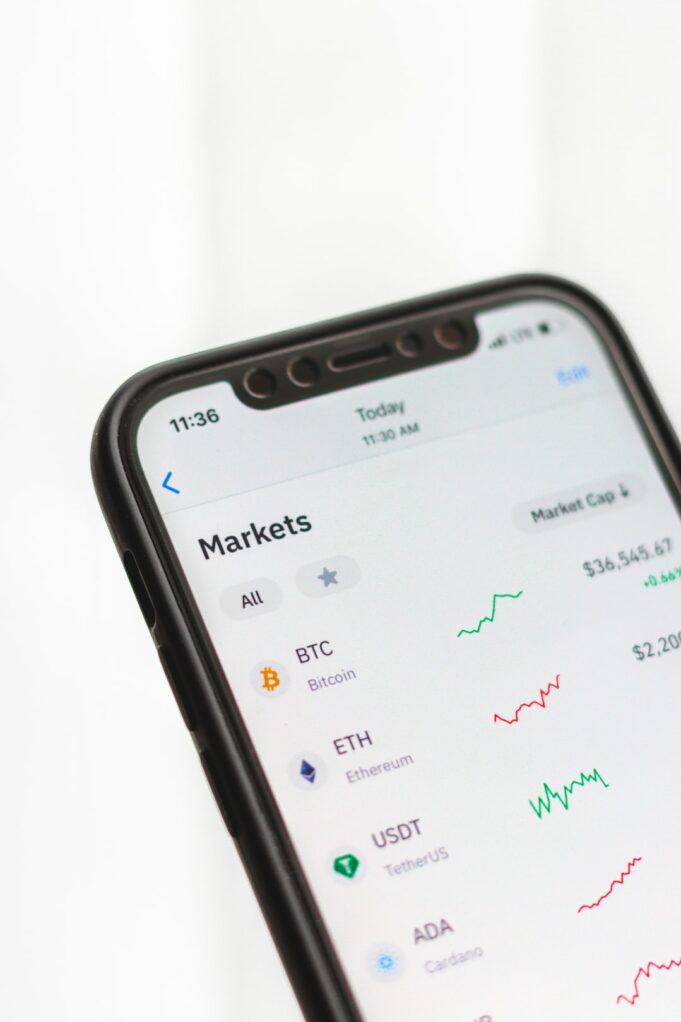As more people enter the world of cryptocurrency, the need for secure storage solutions increases. One popular option is a cold storage wallet, which offers a higher level of security than hot wallets. However, even cold storage wallets are not immune to malware and viruses, which can pose serious risks to Bitcoin mining operations.
Cold storage wallets are physical devices that store private keys offline, making them less susceptible to hacking and online attacks. These wallets are often used by traders and investors who want to store large amounts of cryptocurrency securely. However, they are also used by Bitcoin miners who want to protect their mining rewards from theft and hacking.
One of the main risks of using a cold storage wallet for Bitcoin mining is malware and viruses. These malicious programs can infect the computer used for mining and steal the private keys stored on the cold storage wallet. Once the private keys are compromised, the attacker has access to the Bitcoin stored in the wallet, which can be transferred to their own address.
Malware and viruses can be spread through various means, such as phishing emails, infected websites, or even infected USB drives. These programs can be difficult to detect, as they often disguise themselves as legitimate software or files. Once they are installed on a computer, they can run in the background without the user’s knowledge, stealing sensitive information and compromising the security of Bitcoin mining operations.
Another risk of using a cold storage wallet for Bitcoin mining is physical theft. While these wallets are designed to be secure, they can still be stolen if someone gains physical access to them. This is especially true if the wallet is not stored in a secure location, such as a safe or vault. If a thief is able to steal a cold storage wallet, they can easily transfer the Bitcoin stored in it to their own address.
To mitigate these risks, it is important for Bitcoin miners to take steps to protect their cold storage wallets. One of the most important measures is to keep the wallet offline as much as possible. This means disconnecting the wallet from the computer used for mining and only connecting it when necessary to transfer funds. By keeping the wallet offline, it is less vulnerable to malware and viruses that could compromise its security.
Another important step is to use anti-virus and anti-malware software on the computer used for mining. These programs can detect and remove malicious software before it can infect the computer or steal sensitive information. It is also important to keep the software up-to-date, as new threats are constantly emerging.
Physical security is also crucial for protecting cold storage wallets. The wallet should be stored in a secure location, such as a safe or vault, and only accessed by authorized personnel. It is also important to keep the wallet’s recovery phrase or seed phrase in a separate location, such as a safety deposit box, in case the wallet is lost or stolen.
In conclusion, while cold storage wallets offer a higher level of security than hot wallets, they are not immune to malware and viruses. Bitcoin miners must take steps to protect their cold storage wallets from these threats, such as keeping the wallet offline, using anti-virus and anti-malware software, and ensuring physical security. By taking these measures, Bitcoin miners can protect their mining rewards and ensure the security of their Bitcoin operations.

























